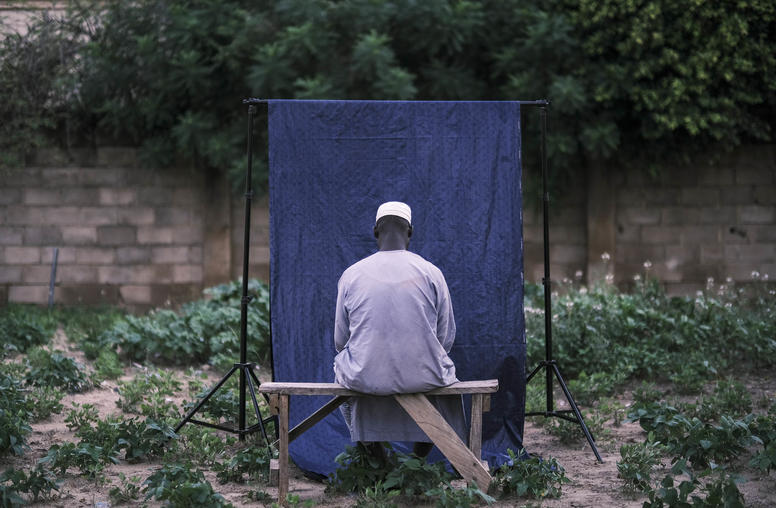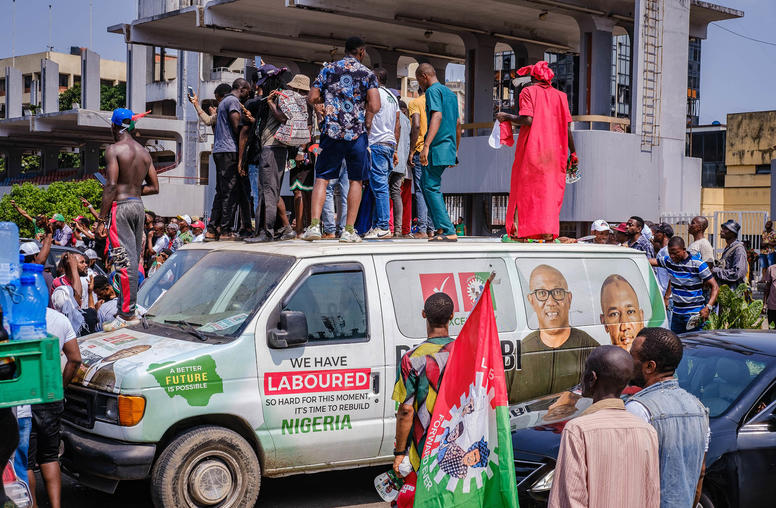Women of Africa: Leadership in Peacebuilding and Development
The U.S. Institute of Peace, the African Union and the African Ambassadors Group co-hosted an event marking Africa Day on May 26 at the U.S. Institute of Peace. This event highlighted women’s roles in peacebuilding and development, and marked the progress made and the major risks and threats remaining to achieve the goals of Agenda 2063.

The Ambassadors to the U.S. from Rwanda, Mozambique and Uganda marked the annual celebration of Africa Day with the U.S. Institute of Peace and the African Ambassador Group with a discussion of this year’s theme, empowering women to achieve the Union’s goals for 2063. This event included civil society leaders and current and former U.S. officials exploring women’s roles in peacebuilding and development, highlighting the progress made and the major risks and threats remaining to achieve the goals of Agenda 2063.
Every year Africa Day marks the 1963 founding of the Organization of African Unity, now known as the Africa Union. In 2013, on the occasion of its 50th anniversary, the 53 member nations set out a plan for the continent’s next half century, called the African Union Agenda 2063. Billed as “a global strategy to optimize the use of Africa’s resources for the benefits of all Africans,” the roadmap establishes a vision of an integrated, prosperous and peaceful Africa, with self-determination by its own citizens and representing a dynamic force in the world.
Panelists explored women’s roles in peacebuilding and development, highlighting the progress made and the major risks and threats remaining to achieve the goals of Agenda 2063. Continue the conversation on Twitter with #AfricaDay2015.
Speakers
- Hon. Nancy Lindborg
President, U.S. Institute of Peace - H.E. Prof. Mathilde Mukantabana
Ambassador of Rwanda to the United States and Chair of the African Ambassadors Group - H.E. Prof. Mathilde Mukantabana
Ambassador of Rwanda to the United States and Chair of the African Ambassadors Group - H.E. Amélia Matos Sumbana
Ambassador of Mozambique to the United States - Ms. Kamissa Camara
Senior Program Officer, National Endowment for Democracy - Ms. Jacqueline O'Neill
Director, The Institute for Inclusive Security - Mr. Joseph Vess
Senior Program Officer, Promundo-US - Ambassador Princeton Lyman, Moderator
Senior Advisor, U.S. Institute of Peace




